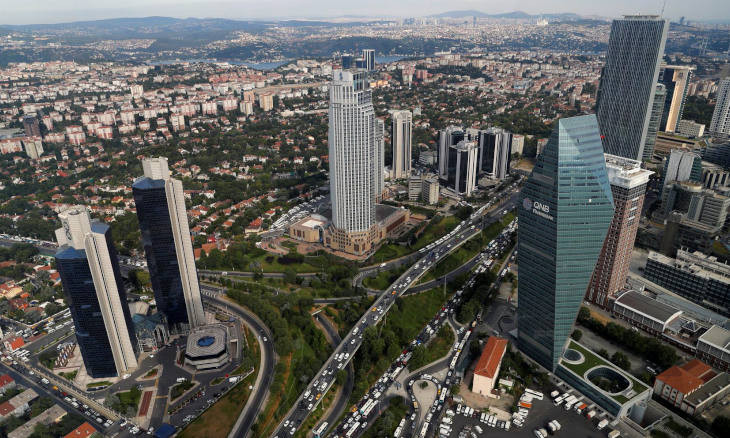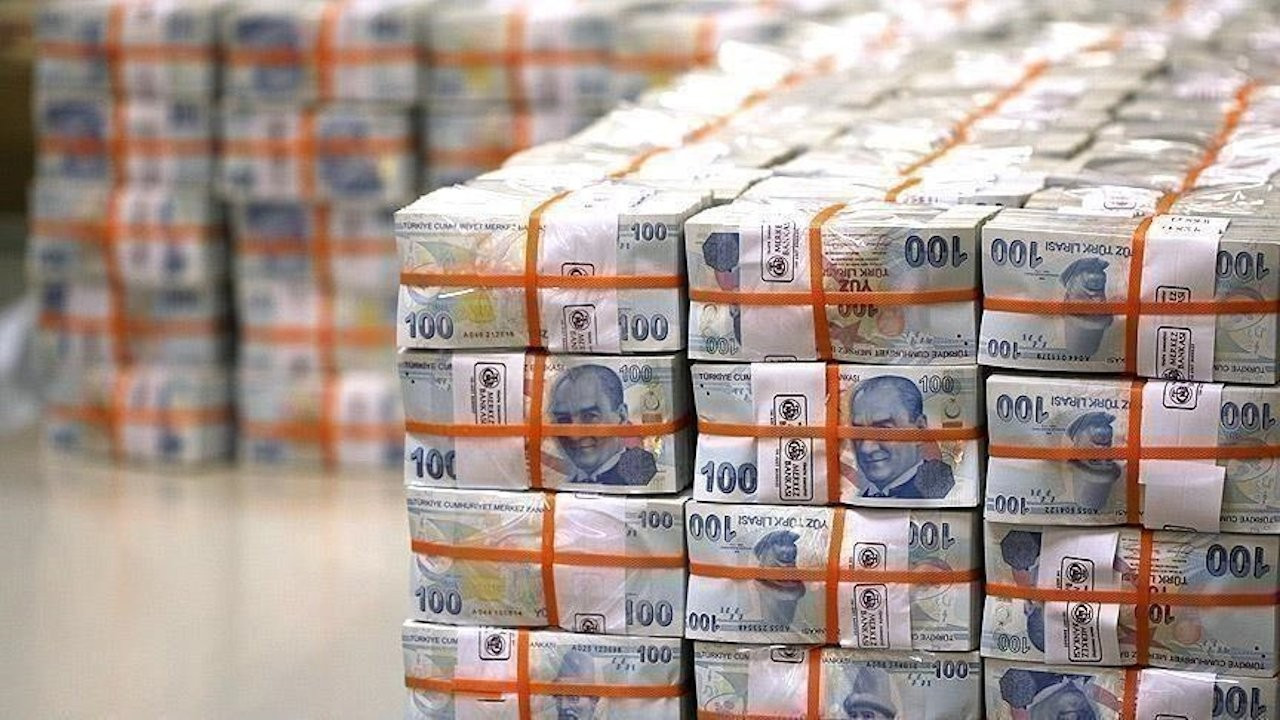Turkey removes another central bank deputy governor
Turkey removed one of four central bank deputy governors on May 25, two months after President Recep Tayyip Erdoğan fired the bank's governor.
Reuters
Turkey's President Recep Tayyip Erdoğan replaced the central bank's fourth policymaker in the last two months on May 25, naming a respected labor market economist to its ranks as the country strains to get back to work after the pandemic.
Semih Tümen, economics department head at Ankara's TED University who previously worked at the bank from 2002 to 2018, was named in an official decree published overnight to replace Oğuzhan Özbaş as one of four deputy governors.
Four of the seven members of the monetary policy committee have been ousted since March 20 when Erdoğan shocked financial markets by replacing Naci Ağbal, a hawkish and market-friendly governor, with new chief Şahap Kavcıoğlu.
Though the central bank's credibility has been hurt by rapid leadership turnover in recent years, the lira was little changed after the latest shake-up at 8.39 to the dollar at 0718 GMT.
Analysts said the move would have a little immediate impact on policy, which is expected to loosen in the second half of the year as inflation falls from above 17% currently.
Ağbal raised the key rate to 19% in March just before being fired.
Tümen, a research fellow at the Institute of Labor Economics whose work has been published internationally, will add market credibility as the economy rebounds from coronavirus fallout, analysts said.
"He is an esteemed economist whose name is known in the market. I think his contribution will be strong," said a central bank staffer who requested anonymity.
A Turkish banker said: "His name is known in the market (and given) his macro knowledge he will be prominent in the MPC."
The presidential decree published in the official gazette gave no reason for hiring Tümen, who was also an adviser to Erdoğan and whose last job at the bank was executive director of its structural economic research department.
His research on jobs, migration and refugees could assist the bank: A coronavirus-related ban on layoffs has kept unemployment stable at around 13% but workers, especially informal ones, have been hit hard by pandemic fallout.
A measure of labor under-utilization soared to peaks in May 2020 and again earlier this year. Presidential elections are set for 2023 and Erdoğan has stressed the need to get Turks back to work.
Markets tumbled after Erdoğan named Kavcıoğlu, a ruling party member and former critic of tight policy, as governor in March.
The lira has since remained near a record low, keeping pressure on inflation via Turkey's heavy imports.

 Who will pay for the loss of Turkey’s public banks?World
Who will pay for the loss of Turkey’s public banks?World Real estate sales to foreigners increased by over 400 pct in AprilEconomy
Real estate sales to foreigners increased by over 400 pct in AprilEconomy Erdoğan announces one-time payments for businesses hit by pandemicCoronavirus
Erdoğan announces one-time payments for businesses hit by pandemicCoronavirus Turkey's current account posts $3.33 billion deficit in MarchEconomy
Turkey's current account posts $3.33 billion deficit in MarchEconomy